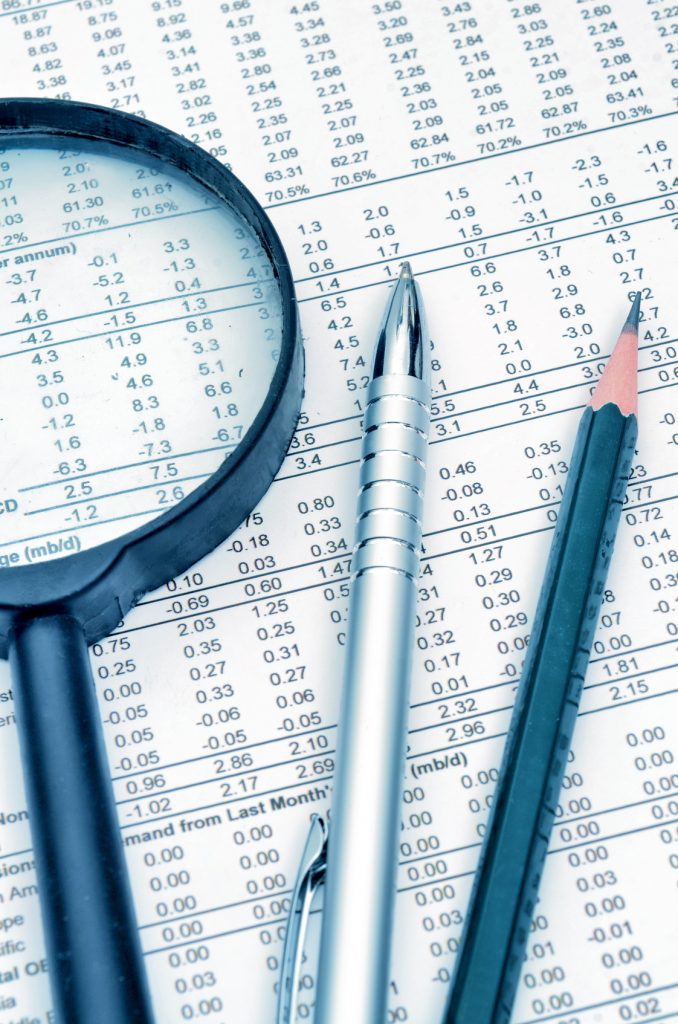Insolvency
You would only consider bankruptcy if you were insolvent so let’s assume that you are. There are alternatives to bankruptcy such as an IVA but let’s just consider bankruptcy as a possible solution for you by looking at the pros and cons.
Pros of Bankruptcy

- You may petition for your own bankruptcy if you are insolvent.
- Your creditors may also do so.
- The cost of petitioning is low – approx. £600 at present.
- You incur no other legal costs. Citizen Advice Bureau officers and Court officers will assist you in completing relatively simple forms and submitting them.
- You will gain automatic discharge from your bankruptcy after one year (assuming you have not been bankrupt on a previous occasion).
- Most, if not all, of your debts will not survive the bankruptcy.
- You will have no further contact with or from your creditors.
- You will enjoy reduced stress and worry.
- The duration in which you will have to make contributions is limited. Income Payments Orders (IPOs) and Income Payments Agreements (IPAs) are limited to three years and no IPO or IPA will be applied where your disposable income is deemed to be too low.
- You will have more generous I&E allowances than you would have in an IVA and you will be left with more income on which to live.
Cons of Bankruptcy
- You will lose control of your assets, particularly your home or your share of it.
- The stigma of bankruptcy with its associated disabilities, obligations and restrictions will make it difficult and sometimes even impossible for you to continue or commence trading and to obtain or retain employment. Bankruptcy can be a career breaker with many professions and trades imposing sanctions on bankrupt members of their organizations, including the ultimate sanction of expulsion.
- You may be liable for bankrupt offences.
- Your trustee will have powers to challenge the validity of any prior transactions you engaged in before your bankruptcy commenced if they appear to be preferential or at an under-value.
- You will suffer from a poor credit rating even after your discharge from bankruptcy. Your name will continue to appear on your credit files – as maintained by the credit reference agencies- for six years from the commencement of your bankruptcy.
- Your creditors will get lower returns from your bankruptcy due to the costs of the process and indeed they may receive nothing.
- You will not be allowed to borrow before your discharge from bankruptcy without the express permission of the trustee.
- You may be subject to some bankruptcy restrictions which can last for between two and fifteen years.
Seek Advice
When you have considered the pros and cons of bankruptcy for you, you should seek professional advice from one (or more) of the many firms offering insolvency services. They use the services of specialists called Insolvency Practitioners who will provide you with free advice outlining all of your options. You should also consider contacting CAB or the CCCS and you may even have to take independent legal advice.